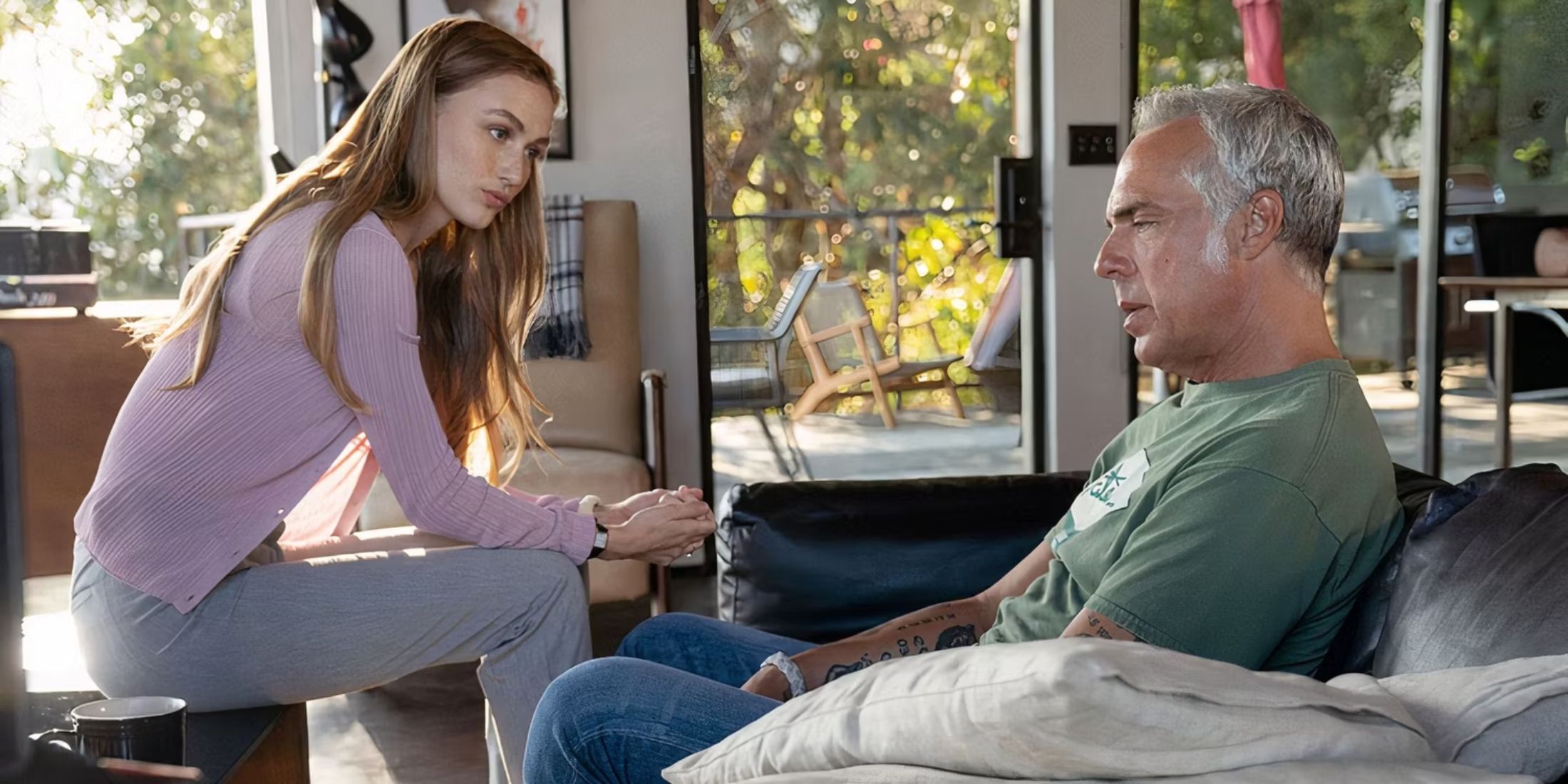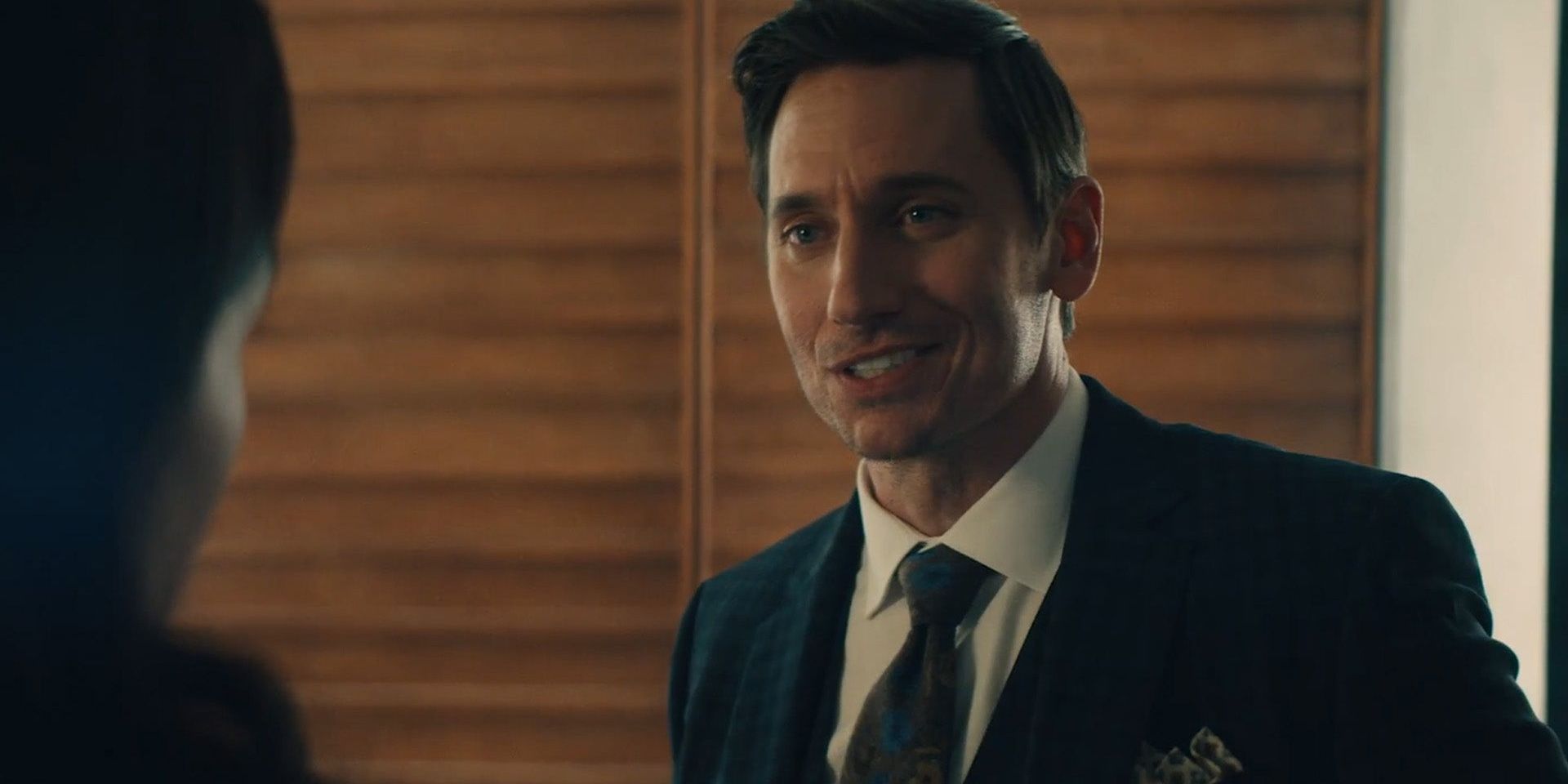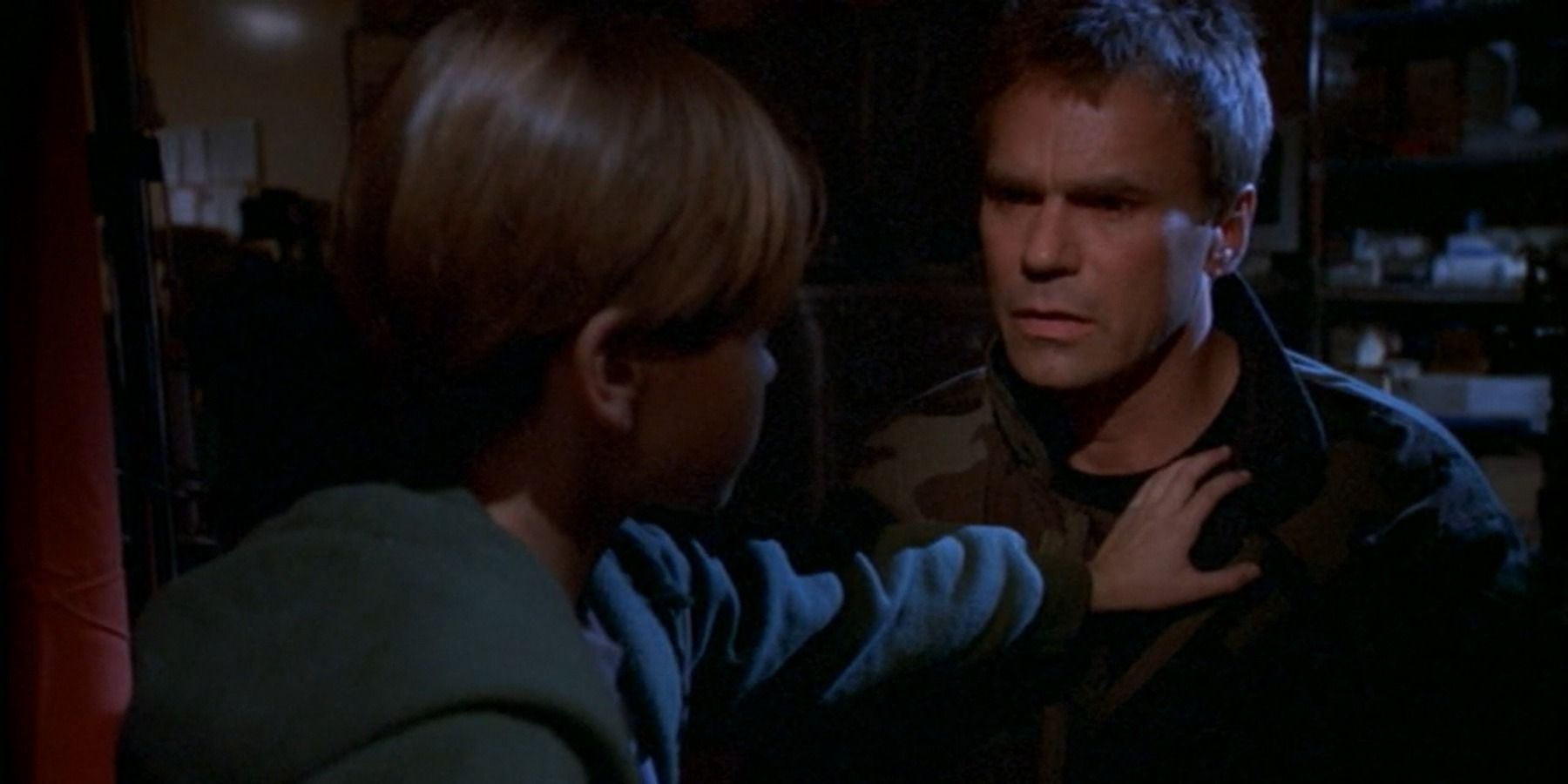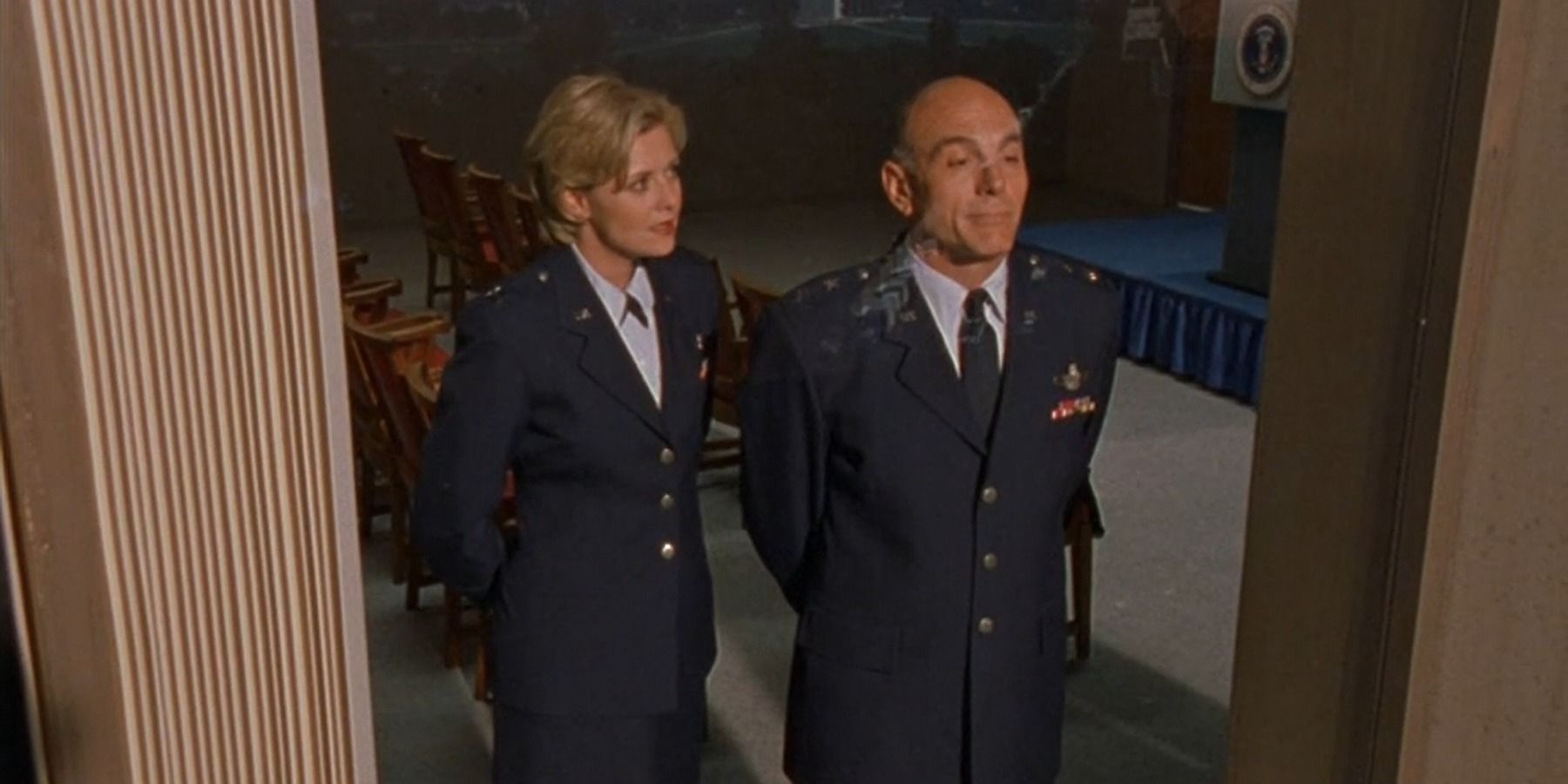While the main topics explored in Stargate SG-1 involve interstellar battles and alien politicking, the show also has time for more subtle issues. The Stargate franchise began with the blockbuster film Stargate (1994), which provided the foundation for the following series. The movie focused on two main characters, Colonel Jack O’Neil and Dr. Daniel Jackson, whose personal tragedies set the stage for over a decade of storytelling.
Jackson and the renamed O’Neill feature heavily in Stargate SG-1, alongside Teal’c of Chulak and Major Samantha Carter. Every member of SG-1 suffers severe loss in the show, making grief a recurring theme in almost every season. The series parses the complexities of grief by filtering it through the experiences of the main characters, making it much more emotional for the audience. The events of the show occur solely because of the losses of SG-1, and this informs their stories from beginning to end.
The most notable loss for any character belongs to Jack O’Neill, whose counterpart in Stargate (1994) suffered the same. Prior to the unlocking of the first Earth Stargate, O’Neill’s young son accidentally shot himself with his father’s firearm, leading to his death. As a result, O’Neill was clinically depressed when he was recruited for the primary expedition to Abydos, only accepting the job because it seemed to be a suicide mission. Aiding the successful slave revolt on Abydos and saving the life of Skaara, an innocent child, changed his outlook. O’Neill in Stargate SG-1 is very different from the stoic military man of the original movie, though he still retains a nihilistic perspective. The Stargate missions give him a sense of purpose, though they don’t eradicate the pain of his loss.
O’Neill’s lingering trauma from losing his son appears periodically throughout Stargate SG-1. It first rears its head in the show’s premiere episodes, in which Skaara is taken as a host for the son of Apophis. O’Neill’s motivation becomes the search and rescue of Skaara, with whom he bonded in the original movie. In Stargate SG-1, season 2, episode 20, “Show and Tell,” O’Neill becomes attached to a terminally ill alien boy, and in season 3, episode 5, “Learning Curve,” he has to save a young girl from the demands of her exploitative society. He also goes through a period of profound mourning after the apparent death of Daniel Jackson in season 5, episode 19, “Meridian.” His commitment to saving the vulnerable and protecting his friends is a remnant of his grief, a fear of loss that he channels into selfless deeds.
Daniel Jackson goes on a similar journey of self-actualization in Stargate SG-1. Like O’Neill, Daniel’s background is steeped in loss and isolation, a factor that was intended to set him up for a happy ending on Abydos. Daniel witnessed the violent death of his parents when he was young, and after his grandfather refused to adopt him, spent the rest of his childhood in foster care. In season 2, episode 4, “The Gamekeeper,” an alien entity forces him to relive the memory of his parents’ deaths, showing how alone Daniel was up until he unlocked the Stargate. Much like O’Neill had nothing to lose by taking the first mission through the Stargate, Daniel had nothing to live for on Earth. He devoted himself to Abydos, and his new wife Sha’re.
Daniel made the decision to stay on Abydos after defeating Ra, intending to make a new life there with the people he helped save. In the premiere of Stargate SG-1, Daniel’s wife Sha’re is kidnapped and forced to be the host of Amaunet, the mate of Apophis. Daniel spends three years searching for her, ultimately witnessing her death at the hands of Teal’c in season 3, episode 10, “Forever in a Day.” He uses his grief to fuel his quest to recover Sha’re’s son, and ensures the child is kept safe from death or exploitation. Daniel’s loss of Sha’re is extended and made worse due to her possession by a Goa’uld, and his inability to protect her haunts him for the entire run of the show. Daniel finds trouble committing to romantic relationships afterwards, particularly because of survivor’s guilt. He finds solace in his linguistic and archeological study, as well as broader purpose with SG-1.
Samantha Carter has also faced tragedy, as she comes from a family that was split apart by the premature death of her mother. Childhood insecurities and fears return when her father is diagnosed with cancer in season 2, episode 11, “The Tok’ra, Part One.” Carter is faced with losing her father, who doesn’t know anything about the Stargate program or the incredible work that Carter and her team have accomplished. She manages to get her father implanted with a healing symbiote, making him one of the Tok’ra, which keeps him alive until season 8, episode 18, “Threads.” She can never get her mother back, but by preserving the life of her father for a few years, Carter alleviates some of the pain of her absence.
Unlike his teammates, who cope with their grief by focusing on their work, Teal’c deals with loss by pursuing revenge. In season 3, episode 3, “Fair Game,” Teal’c has to prevent himself from punishing Cronus, the System Lord who tortured and killed his father, as it would create chaos in the SGC. In season 10, episode 17, "Talion," he doesn’t hold back from killing Arkad, the man who murdered his mother, because Arkad was actively threatening his people at the same time. Teal’c has spent most of his life as a leader constrained by the will of a tyrant, and his way of handling his grief is by getting retribution. The loss of his parents and his wife also reinforces his devotion to his mentor, his son, and SG-1, as well as his will to protect them – no matter the cost.
Trauma is part of the reason the Stargate program was formed, though it’s not the reason it keeps going. SG-1 have to worry about more loss by means of the Stargate, as any mission can whisk away the lives of their fellow teammates – and they have, on multiple occasions. Yet the greater purpose of the Stargate is to save Earth, and that takes precedence for everyone.
The series explores grief deftly, from outright rejection to acceptance of loss, and the many feelings in between. The similar backgrounds of the main characters allows for more sincere bonding between all of them, giving every threat higher stakes. Such a dangerous line of work means emotional pain is always a likelihood, but the team uses that pain as a reason to protect others.






